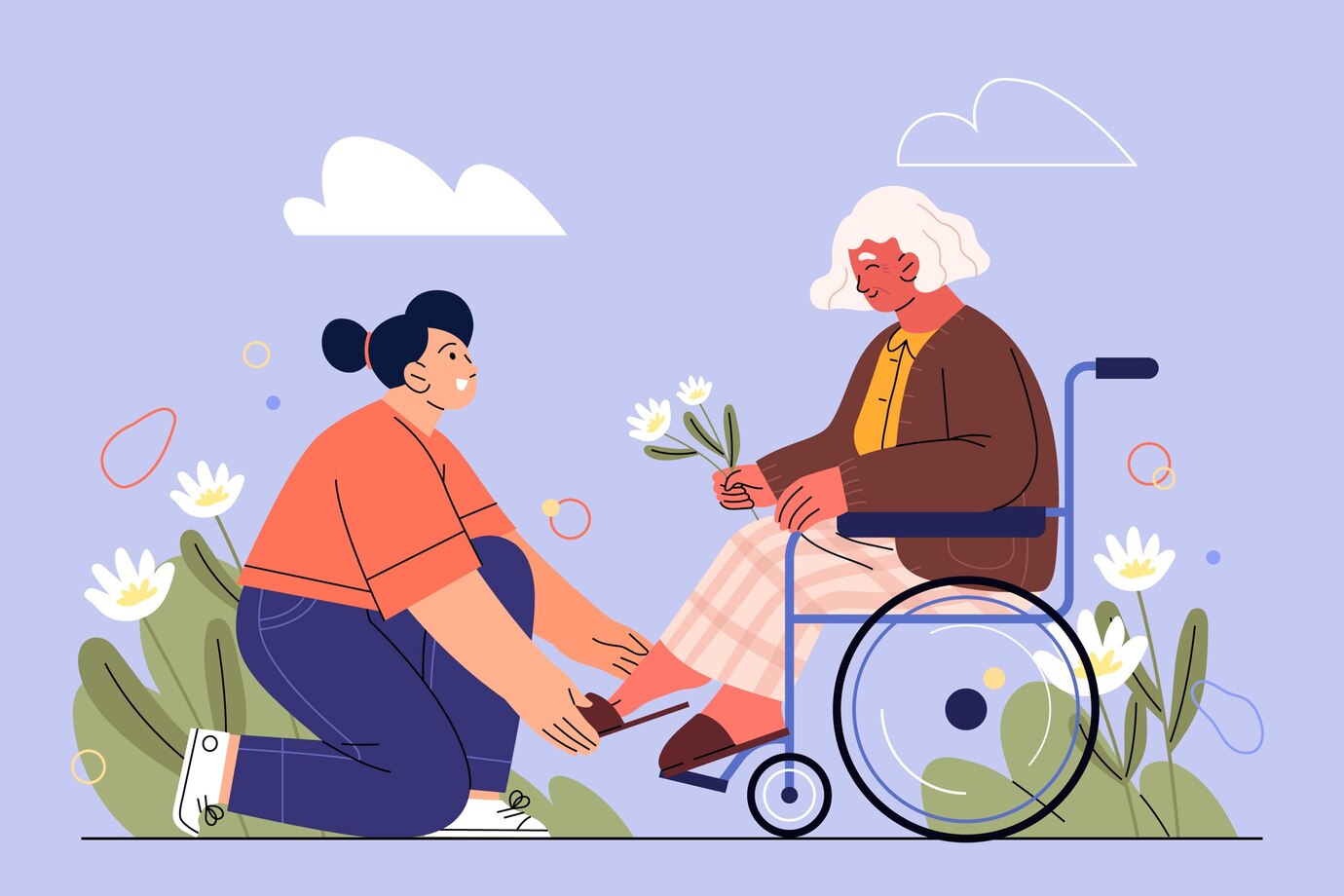
Parkinson’s Disease Caregiving: Importance and Benefits
Caring for a Loved One with Parkinson’s Disease
Caring for someone with Parkinson’s disease is a challenging yet rewarding journey. The caregiver plays a key role in improving the quality of life for both themselves and the person they care for. Here’s how caregiving helps:
1. Providing Physical Assistance
Parkinson’s disease often affects mobility, balance, and coordination. As a result, everyday tasks like dressing, grooming, and meal preparation can become difficult. Therefore, caregivers assist with these activities, helping the person with Parkinson’s maintain as much independence as possible.
2. Offering Emotional Support
Living with Parkinson’s can be emotionally tough. In this case, caregivers offer vital support by listening, encouraging, and simply being present for their loved ones. This kind of emotional support helps ease feelings of loneliness and isolation, which are common among those living with the disease.
3. Managing Medications
Parkinson’s treatment often involves multiple medications. Consequently, caregivers play an essential role in managing these medications. They ensure that medications are taken on time and in the correct doses, which improves the effectiveness of the treatment and helps prevent complications.
4. Promoting Safety
People with Parkinson’s are at a higher risk of falling or getting injured. To address this, caregivers create a safe living space by removing hazards and providing support during tasks that require balance. Additionally, they may install grab bars or take other safety measures to reduce the risk of accidents.
5. Advocating for Healthcare Needs
Caregivers often attend doctor’s appointments with their loved ones. During these visits, they ask important questions, raise concerns, and communicate directly with healthcare providers. As a result, the person with Parkinson’s receives the best possible care and treatment.
6. Offering Respite and Self-Care
Caregiving can be physically and emotionally exhausting. Therefore, it’s crucial for caregivers to take breaks and care for themselves.
Respite care provides caregivers the opportunity to recharge and reduce stress, ultimately helping to prevent burnout.
7. Strengthening Bonds
Caregiving helps strengthen relationships. By facing challenges together, caregivers and their loved ones build a deeper connection. Moreover, celebrating victories, no matter how small, fosters a sense of closeness and mutual support.
Conclusion: The Importance of Caregiving
Caregiving for someone with Parkinson’s disease is both demanding and fulfilling. By providing physical, emotional, and medical support, caregivers significantly improve the quality of life for their loved ones.
Furthermore, caregivers need care too, and taking breaks is essential for long-term well-being. Through teamwork, caregivers and patients can navigate the challenges of Parkinson’s together.
To seek medical advice, always consult a Doctor. Here are our recommended experts. Click here
To read more on Neurological Disorders.



